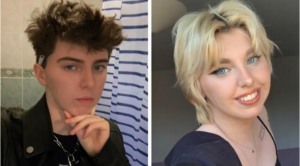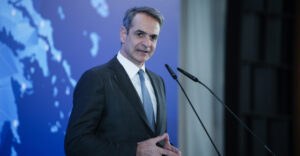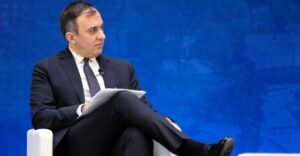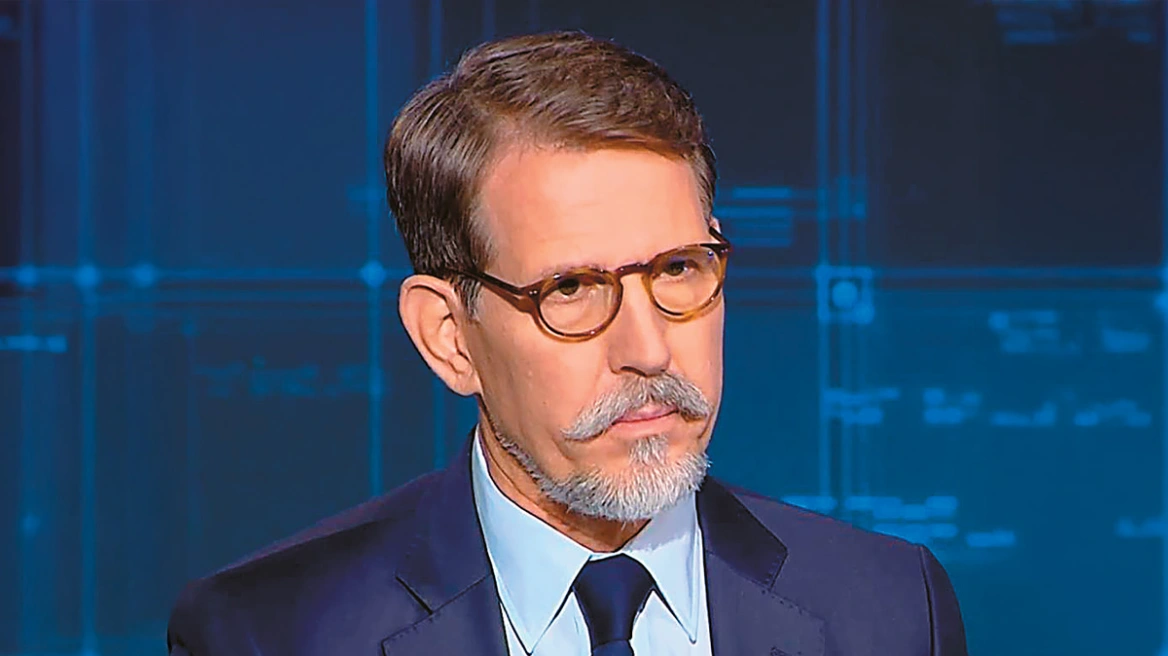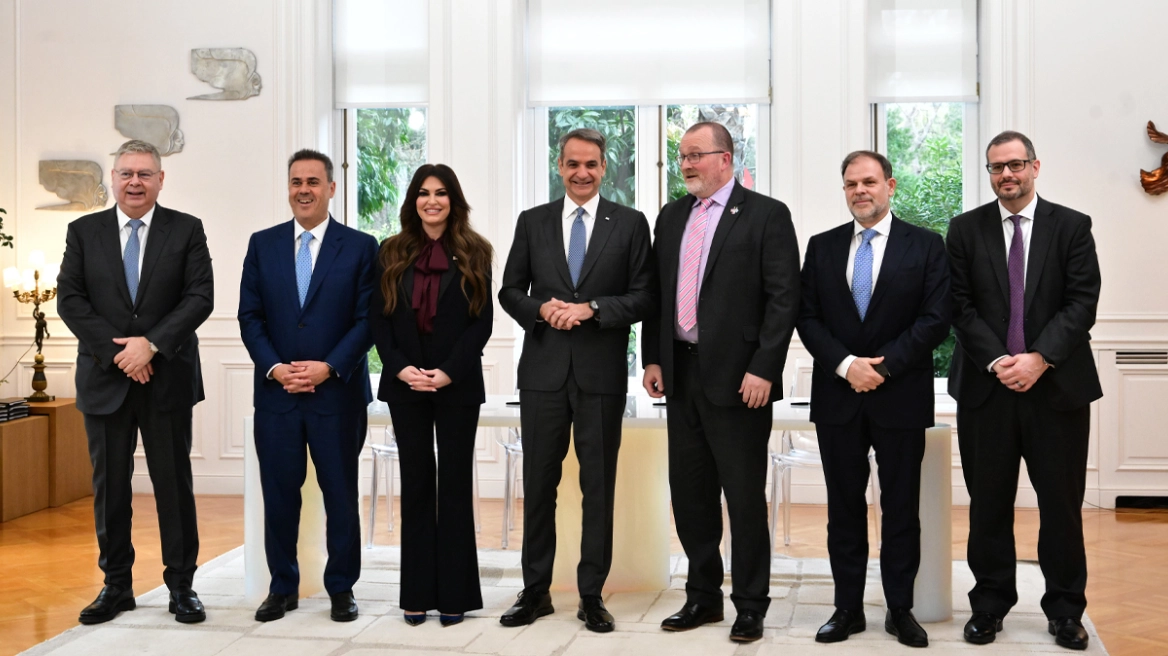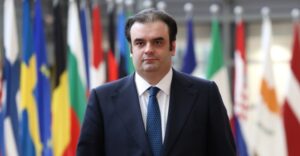The debate about trans identities and gender dysphoria has become very polarised – even for those of us who have lived through it.
When the Government announced this week it would not go ahead with a Bill to ban conversion therapy for trans people, my response was mixed. At 18, I’d been prescribed testosterone by a private GP so I could transition to living as a man. The GP didn’t attempt to explore the possible causes of my gender dysphoria, such as my mental health problems or my difficulties fitting in socially. But even if they had, I might have insisted on going ahead anyway. I thought I knew everything about myself – nobody could tell me what to do.
I was raised in Lancashire, in a very masculine environment. My mum used to work nights, so I was looked after by my dad. I also had two stepbrothers, eight years older. I wasn’t brought up with them, but we did socialise as I was growing up. After my parents divorced when I was 11, I spent a lot of time with my dad because my mum used to work three jobs.
When I started school, I struggled to make friends with other girls. I didn’t care for Groovy Chick, or Barbie or Bratz – I just wanted to play football. There were a lot of social rules to female friendships. Male friendships were just so much easier: we’d fall out, we’d fight, we’d make up, we’d forget about it the next day.
Ukrainian President Zelensky addressed the Hellenic Parliament (video) (Upd.2)
High school was a particularly difficult time. When I was about 11, I became convinced I was meant to be a boy. My male friends were all developing differently to me, and in turn that made me feel like I wished I had what they had – they were stronger and more outgoing. On Tumblr and YouTube, I discovered trans people who argued that some people who are meant to be male are accidentally born female. I thought: this is the answer! I was gender dysphoric, I was meant to be born male and there was no other reason why I might not get on with women.
At the same time, I began feeling sexually attracted to girls, though later I realised I was bisexual. Aged 12, I developed depression and anxiety. I had a few sessions with a counsellor, who used words such as “borderline”, “bipolar” and “manic”. My parents didn’t really know what to do, and support from the school was minimal. It was my boyfriend, who I met in high school and who is also bisexual, who gave me the most support.
Read more: The Telegraph
Ask me anything
Explore related questions
